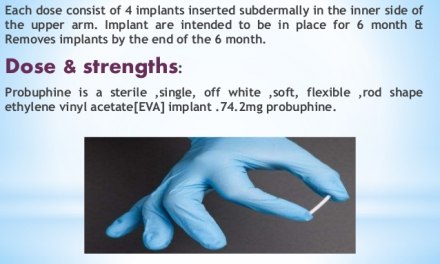I see the Juul corporation has finally agreed to a multi-state settlement with numerous plaintiffs. The amount: $438.5 million dollars. They’ve also promised a range of improvements in the way they advertise and market their products, including on social media. Maybe that will dampen some of the enthusiasm for vaping among the young. I just hope it’s not too late.
Meanwhile, to make up for the lost revenue from kids, the vaping industry seems to be exploring the potential for their products as an aid to improved health.
Originally, you recall, vaping was marketed primarily to chronic heavy smokers with medical issues, as a way to continue their use of nicotine while significantly reducing their risk of lung disease. Given that lung cancer kills more Americans annually than any other single form of cancer, that makes perfect sense.
There were initial hopes that smokers who switched to vaping would eventually decide to quit altogether, but those hopes faded over time. Instead, vaping has now become a problem in its own right. Juul played a role in that, because it promoted use by kids with no real history of tobacco use. That was emphatically not supposed to happen, but it did. America is just now getting around to dealing with the aftereffects.
Meanwhile, vape vendors are pushing their products into the ‘health & wellness’ marketplace. An article on the phenomenon:
‘Wellness’ vapes are all the rage. But are they healthy or just hype?
These new products allegedly contain vitamins and other supplements that can boost health and increase immunity to disease. That’s what the ads say. The FDA disagrees. Their verdict:
“…the Food and Drug Administration warned consumers late last year that wellness vapes are unproven, ineffective and could be harmful if used… agency has not authorized any vaping products to treat or prevent health conditions or diseases.”
Not that the FDA has much authority over this segment of the market. Calling something a supplement is a way some products get around FDA standards they no doubt couldn’t meet. Such as the ones for safety and effectiveness.
And of course, many of the new vape products are flavored — an attraction for younger users. It’s possible such additives can cause injury to the lungs.
Another dodge: a few products portray themselves as ‘personal diffusers’, rather than vaping devices. But the workings are essentially the same.
It’s rare that the purchaser knows exactly what’s in the product they purchase. When marketing something as a ‘supplement’, manufacturers are excused from having to inform us.
So I suppose this could be considered another round in the game of hide-and-seek that the industry plays with regulators. As long as there’s money in it, there’s no end in sight.












